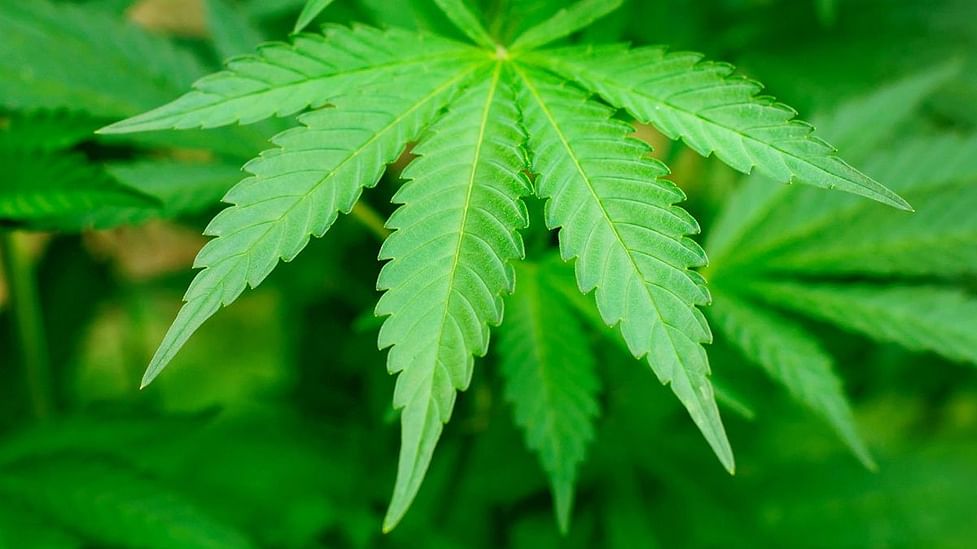Medical cannabis is a rapidly expanding market in Europe, but it is not classified or regulated according to the standard framework for medicines. In addition, there are no European regulations to standardize the marketing of drugs for CBD or THC-based cannabis products.
Nonetheless, medical cannabis has shown efficacy in trials and is being used legally in medical settings to treat conditions ranging from cancer to AIDS. The European Medicines Agency (EMA) approved the first medicinal product containing the active ingredient cannabidiol (CBD) in 2019 for a rare form of childhood epilepsy, but this is still an exception. No other EU-wide marketing authorization for cannabinoid-containing medicinal products has been granted.
However, cannabinoid-based medicines are available in many countries through various regulatory channels, allowing patients to access drugs that do not have a formal marketing authorization. These drugs should be subjected to a standardized pharmacovigilance approach throughout Europe. Unfortunately, that is not going to happen.
There is currently a scarcity of reliable data on the safety of cannabis products. In addition, because medical cannabis products are not registered as pharmaceuticals, the formal process for collecting adverse events is not used.
The approach differs significantly between countries. Some allow cannabinoid-containing medicinal products, while others allow the medical use of illegal products or preparations. Some have created entirely new medical cannabis programs, while others have legalized recreational cannabis in its entirety, resulting in an increase in consumer adoption of cannabis seeds from retailers like Zamnesia for DIY home-grown marijuana. Some countries prohibit cannabis production but permit cannabis importation, whereas others allow both.
Major global cannabis exporters, including those from Canada and North America, cannot access European markets via a common regulatory pathway. As a result, there is an urgent need for clear policies and regulations, particularly in the European Union, and cross-border harmonisation. Cross-border supply chains, standardizing manufacturing and laboratory practice, and prescription requirements are among the issues being addressed by policymakers and businesses.
Cannabis is a huge opportunity, but supplying the various European markets can be difficult. The following is a brief overview of the European countries with strong pro-cannabis legislation:
Cyprus
Cyprus passed legislation in 2019 that increased the number of qualifying medical conditions; allows the import of cannabis seeds and cannabis plants for cultivation, production, processing, and export of medical cannabis; and regulates the issuance of (at first) three licenses to those who meet all requirements, to attract financially sound companies with global experience in the cultivation and production of medical cannabis.
The Czech Republic
Since 2013, medical cannabis has been legal. Patients with certain medical conditions can obtain cannabis from pharmacies.
Germany
In 2017, the German legislator amended national narcotic laws and other related provisions to make medical cannabis cultivation, distribution, and consumption legal.
Greece
Greece is one of the first European countries to have enacted legislation governing the operation of medicinal cannabis processing plants. In addition, the Greek government approved the legalization of cannabis for medical purposes in 2018.
Italy
In 2006, Italy legalized cannabis for medical purposes. As a result, the Military Pharmaceutical Chemical Plant in Florence began growing and treating cannabis in a controlled and standardized environment in 2016, per Good Manufacturing Practices.
Malta
By 2019, legislative and regulatory developments had resulted in the availability of cannabis-based products to local patients and many applications to the Medicines Authority for the licensing of medicinal cannabis production facilities in Malta.
Netherlands
The Netherlands is governed by the Law of May 12, 1928, which establishes provisions for opium and other narcotics (Opium Act). The particulars are documented in an online publication. The Ministry of Health’s Medicinal Cannabis Office oversees production and distribution. Bedrocan®, Bedrobinol®, Bediol®, Bedica®, and Bedrolite® are the five types of medicinal cannabis available in pharmacies, each with its composition and strength. More information is available in the Medicinal Cannabis Office’s publication.
North Macedonia

Cannabis registration for medicinal purposes is now legal in North Macedonia as of March 2016. Amendments to the law governing the control of narcotic drugs and psychotropic substances were used to implement legalization.
Poland
The Polish Parliament (Sejm) has passed legislation amending the Act on Drug Addiction and the Act on Reimbursement of Medicines, Foods for Special Nutritional Uses, and Medical Devices. This Act, which goes into effect on July 7th, 2017, contains regulations that allow the marketing of a pharmaceutical raw material in the form of non-fibrous hemp herb and extracts, pharmaceutical tinctures, and other hemp extracts in Poland.
Portugal
In Portugal, you can have a cannabis-based medicinal product that will go through the same approval process as other medicinal products.
Switzerland
Pharmacies can now prepare and dispense CBD-containing medicinal products using a magistral formula.
United Kingdom
On November 1, 2018, medical cannabis became available to NHS patients in the United Kingdom. After mounting pressure from campaigners, the drug was made available to patients in England, Wales, and Scotland. NICE issued guidance on the prescription of CBMPs for people with intractable nausea and vomiting, chronic pain, spasticity, and severe treatment-resistant epilepsy on November 11, 2019.
Final Thoughts
European medical cannabis markets are at a crossroads. The legal cannabis industry is expanding, fueled in part by legislative victories in North America and Europe, where the market is expected to grow 400% over the next four years. The complex regulatory landscape for cannabis marketing in Europe is ripe for change.
Meanwhile, producing and marketing medicinal cannabis is a compelling opportunity. Global players in life sciences are vying for a piece of the pie. There is no time to waste getting a head start in this market and delivering safe and effective cannabis products to patients in need of this highly effective alternative to more addictive prescription drugs.

